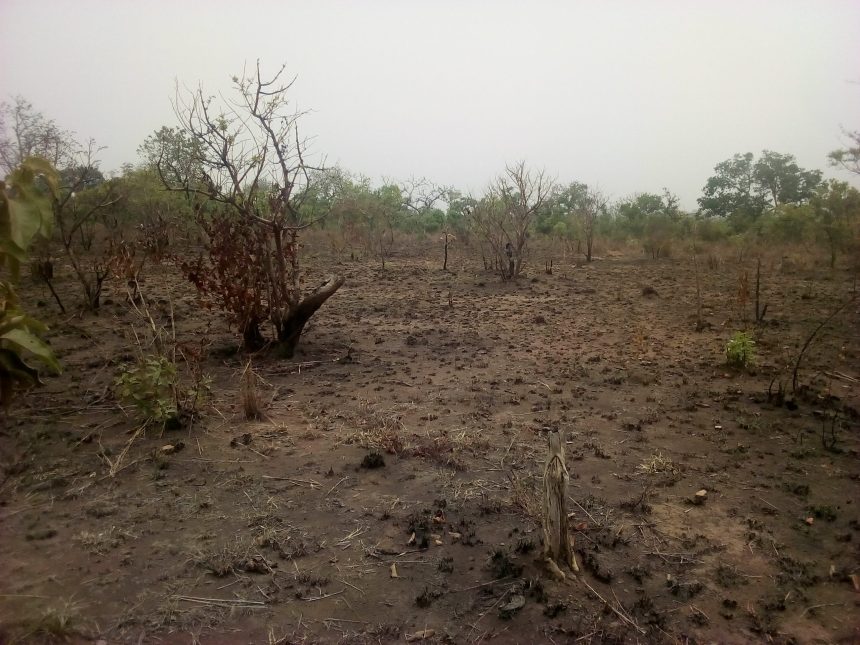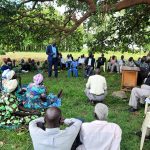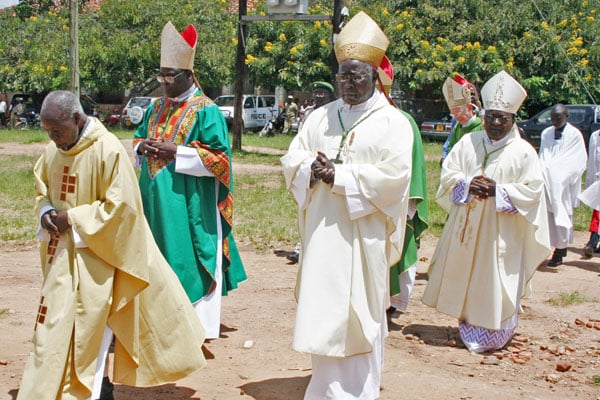Pader district will launch a land registration project in Lunyiri Sub-County on April 30, 2025, following a community training that occured on Wednesday, April 23. The project aims to help local residents secure legal rights to their land and protect them from land grabbing.
The project is supported by the German Corporation for International Cooperation (GIZ) under the Responsible Land Policy in Uganda (RELAPU) program. The registration will focus on issuing Certificates of Customary Ownership (CCOs), especially to vulnerable groups and cooperative societies.
These certificates will serve as proof of ownership under customary law, reducing land conflicts and supporting development planning, according to land legal issue experts.
During an earlier stakeholders’ meeting held on April 7, leaders from the sub-county, cultural institutions, and religious groups discussed the importance of registering land. Pader District acting Land Officer, Julius Nyeko while talking to Uganda Radio Network, urged landowners to take part in the program saying it is key to protecting their land from future disputes.
“This is not a program for GIZ’s interest. They are only here to support the district and the people. It is the responsibility of every landowner to register their land,” Nyeko said. He also reminded residents that government can only take land for public use if it follows the law, under Articles 26 and 237 of the Constitution.
Lunyiri Sub-County Chairperson Charles Odongtoo to his side welcomed the initiative calling it a solution to many land problems in the area. He further thanked the district leadership and GIZ for choosing Lunyiri as one of the starting points for the project.
Rose Lacen, a widow and the LCI of Bolo Wigweng village in Lunyiri sub county said, “This project is a blessing. It will enable me to secure ownership of my late husband’s land and finally have official rights to the property.”
Palwo Clan Chief, Rwot John Peko Lugai II also supported the project but called for proper sensitization, and urged the community to protect cultural land values while embracing development. The April 23 was meant to train and help prepare leaders and community members for the official launch.




















